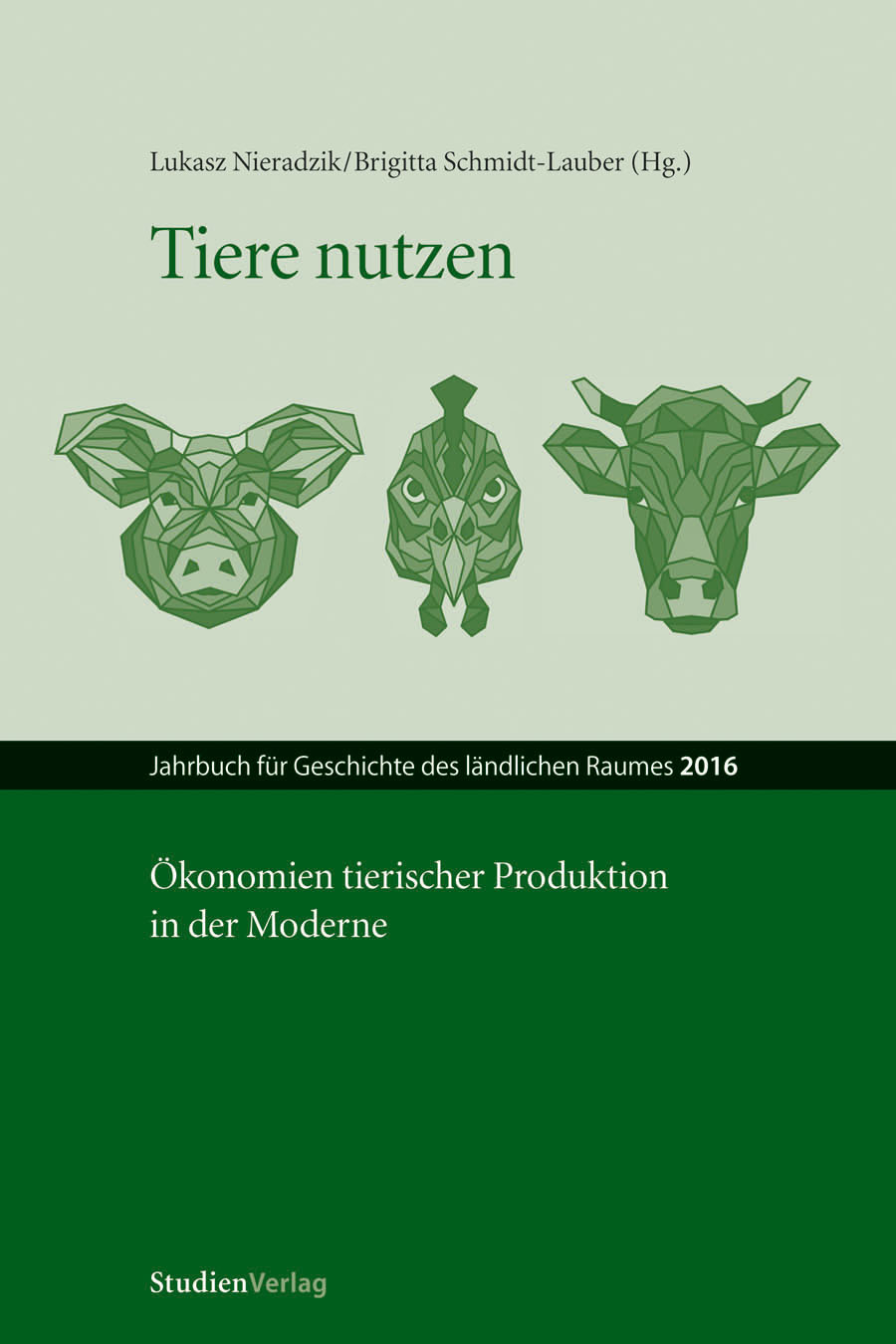Sinnlichkeit und Entsinnlichung des Tötens
Ein Beitrag zur Grausamkeit, „Humanität“ und Mysophobie im Wiener Fleischergewerbe im Fin de Siècle
DOI:
https://doi.org/10.25365/rhy-2016-4Abstract
The article examines the sensual dimension of skilled manual work in Viennese butcheries around 1900. At this time, kosher slaughtering was heavily criticised as anti-modern and archaic. Social, cultural and economic transformations had changed working practices, professional self-images and the ethics of butchers, and new medical perspectives had led to a diversification of human-animal-relations. In the middle of the 19th century modern killing practices had manifested themselves in the building of slaughterhouses, and had led to a rationalization of work and to a new biopolitical regulation of life and death. The occupation and utilization of “bare life” (Giorgio Agamben) desensitised the ideal of slaughtering and sharpened criticism of slaughter in a Jewish kosher way because it was characterised by a sensuality of killing animals that the so-called modern work denied. A new regime of production
not only established a radical asymmetry in human-animal relations, but also dynamised the cultural and emotional parameters of society in fin-de-siècle Vienna.


